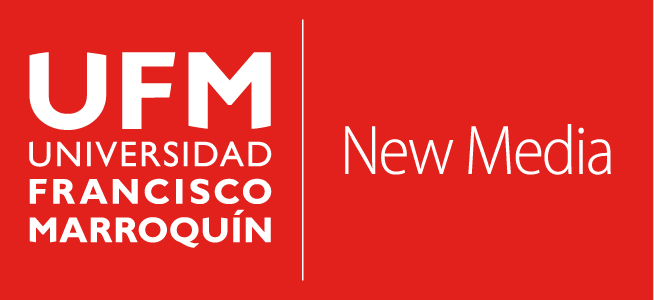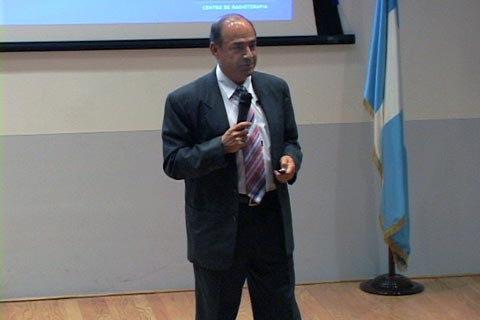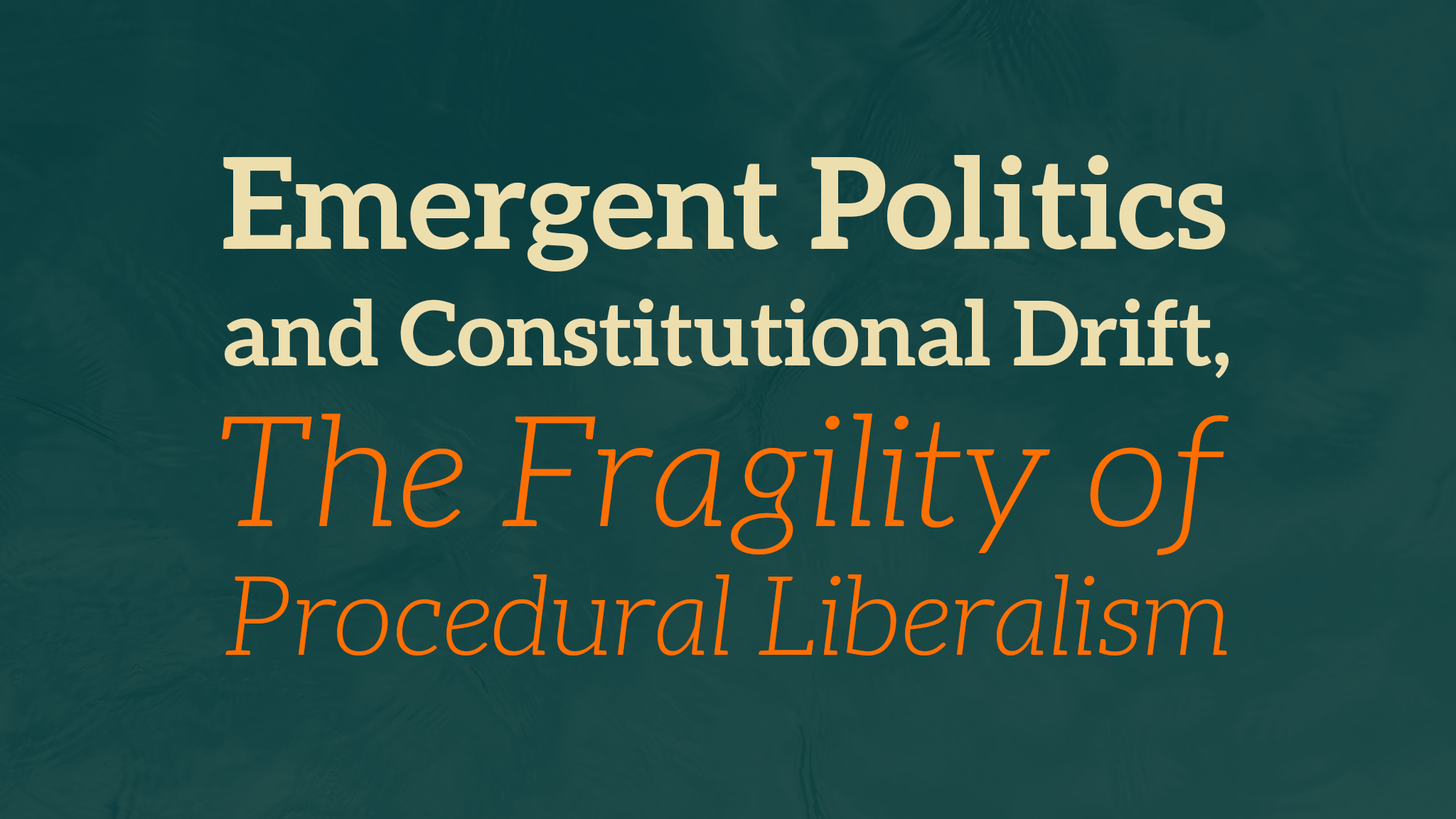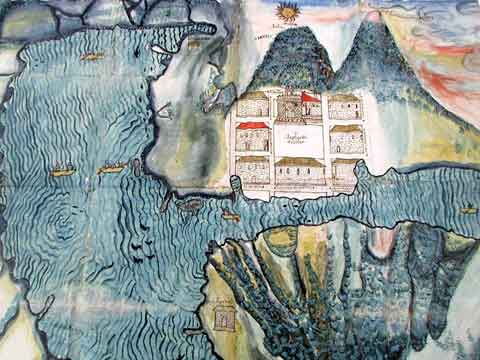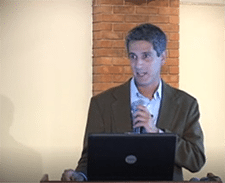About this videoThe three main ethnic groups of Guatemala are pure Indians, ladinos, and white Europeans. The dominant group has been the European, ladinos have increased their influence by adopting western traits, and the Indians are self assertive and proud of their heritage. The intense interactions between these groups and young population make it a country whose cultural identity and national conscience are in the making. Guatemala has a bright future because it is developing entrepreneurship, increasing individual personalities, and having economic development. Its greatest threat is the influence of foreign governments like Europe and the United States. |
|
CreditsGuatemalan Culture for Adoptive Parents | |
